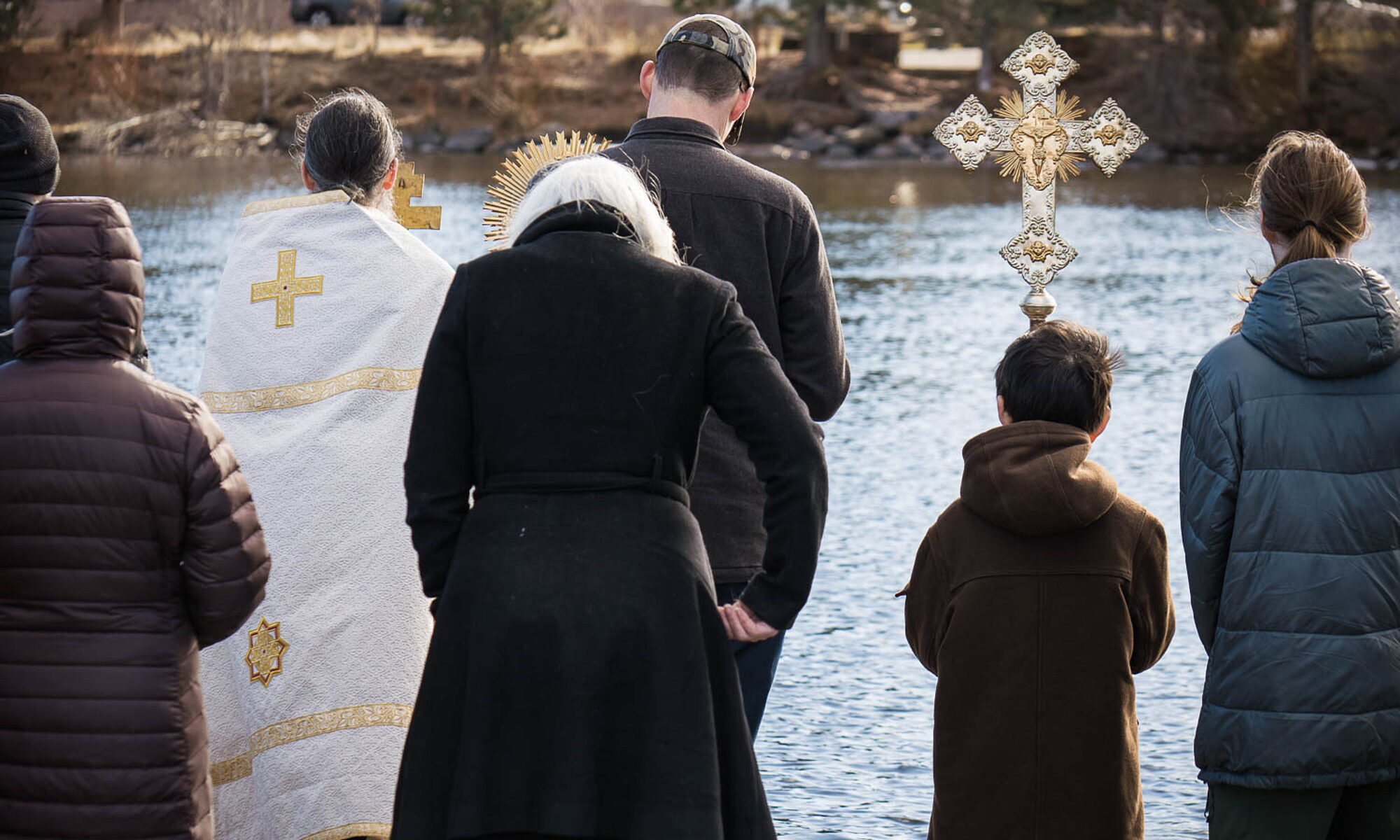Without a doubt, the spirit and tone of some of our hymnography comes across wrong to today’s hearer, especially when it comes to women. I do not condone the rewriting of hymns to just to pacify modern sensitivities, but rewording (and even just re-punctuating) can often bring out the original, beautiful intent of the text.
Here is one example and how I reworded it:
The tears of Mary were not shed in vain; for, behold! she was counted worthy of having angels instruct her and Jesus Himself appear to her. But, as a weak woman, she thought earthly thoughts. Wherefore, she was turned away and commanded not to touch Christ. Yet was she sent as a herald to Thy disciples, bearing glad tidings to them and announcing Thine ascension to the portion of the Father. With her count us worthy, 0 Lord and Master, of Thine appearance. (The 8th Evangelical Sticheron from Sunday Matins)
Continue reading “Women in Orthodox Hymnography”